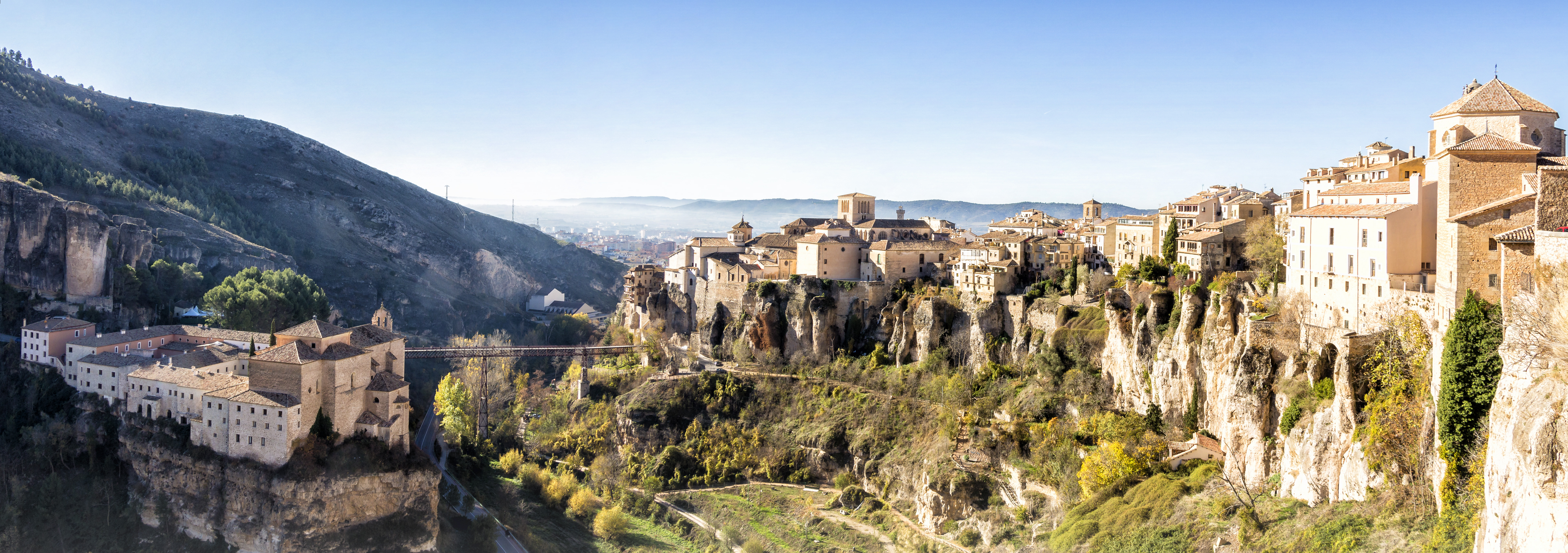Music of Spain Flamenco is an Andalusian artistic form that evolved from the Seguidilla. Spanish music is often considered abroad to be synonymous with flamenco, a West Andalusian musical genre, which, contrary to popular belief, is not widespread outside that region. Various regional styles of folk music abound in Aragon, Catalonia, Valencia, Castile, the Basque Country, Galicia, Cantabria and Asturias. Pop, rock, hip hop and heavy metal are also popular. In the field of classical music, Spain has produced a number of noted composers such as Isaac Albéniz, Manuel de Falla and Enrique Granados and singers and performers such as Plácido Domingo, José Carreras, Montserrat Caballé, Alicia de Larrocha, Alfredo Kraus, Pablo Casals, Ricardo Viñes, José Iturbi, Pablo de Sarasate, Jordi Savall and Teresa Berganza.
In Spain there are over forty professional orchestras, including the Orquestra Simfònica de Barcelona, Orquesta Nacional de España and the Orquesta Sinfónica de Madrid. Major opera houses include the Teatro Real, the Gran Teatre del Liceu, Teatro Arriaga and the El Palau de les Arts Reina Sofía. Thousands of music fans also travel to Spain each year for internationally recognised summer music festivals Sónar which often features the top up and coming pop and techno acts, and Benicàssim which tends to feature alternative rock and dance acts. Both festivals mark Spain as an international music presence and reflect the tastes of young people in the country. The most popular traditional musical instrument, the guitar, originated in Spain. Typical of the north are the traditional bag pipers or gaiteros, mainly in Asturias and Galicia.
